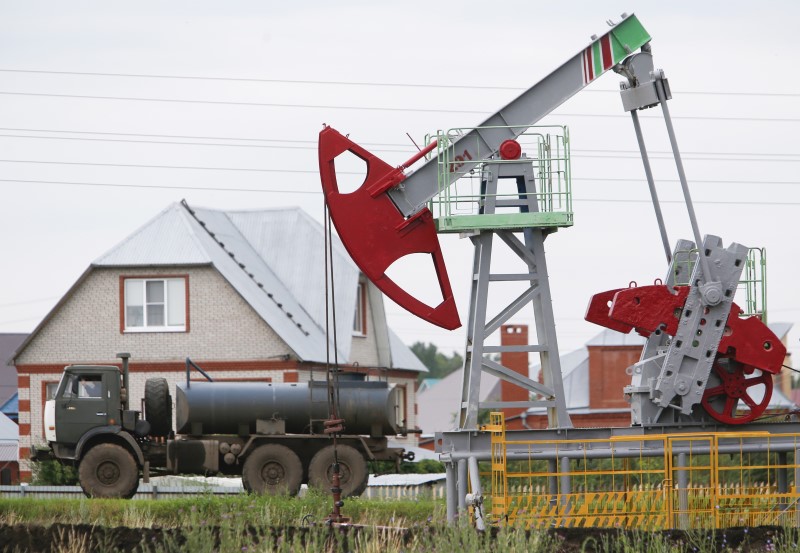By Olesya Astakhova
VLADIVOSTOK, Russia (Reuters) - Russian Energy Minister Alexander Novak said on Friday his country was not considering any coordination with OPEC in order to support falling oil prices because the organisation had lost its power to regulate the market.
Russia, one of the world's top oil producers, has long maintained informal contacts with OPEC and has hinted in the past it might be ready to cut oil production to prop up prices.
But it has changed tack recently, saying it is unable to halt production at most of its wells and quickly restart it if needed because of Russia's harsh climate.
"OPEC has not changed quotas since 2008 and it doesn't play the role it used to in 1970s and 1980s," Novak told reporters in Vladivostok. "We are not considering the viability of any kind of coordination."
OPEC failed to reach a decision at its last meeting earlier this month, sending the price of Brent (LCOc1) to near 11-year lows below $37 (£24.8) per barrel.
By maintaining low prices, Saudi Arabia, OPEC's dominant member, is trying to squeeze out high-cost competitors, especially shale oil producers in the United States, to maintain its own market share.
Novak complained the market was over supplied, in part due to production by traditional importing countries such as the United States, which cut imports.
He also said global investment cuts would inevitably lead to a decline in worldwide oil output.
"We are witnessing it already as the shale oil production had already declined by 500,000 barrels per day," said Novak.
Oil prices have plunged by almost 70 percent in the last 18 months, mainly due to oversupply and less demand from China.
The prospect of Iran returning to the market once sanctions imposed over its nuclear programme are lifted is also weighing on the market.
The fact that Russia is not willing to curb its own oil output, currently running at a post-Soviet record-high of around 10.78 million barrels per day, is evidenced by how actively it has been drilling.
Novak said he sees oil prices at $45-$50 per barrel next year.

"This is a normal market price which should allow everyone to compete with one other," said Novak.